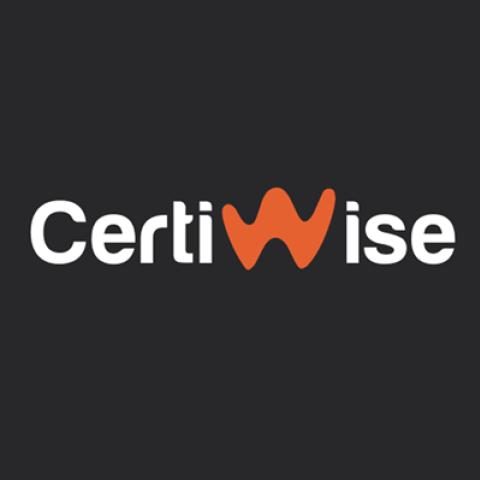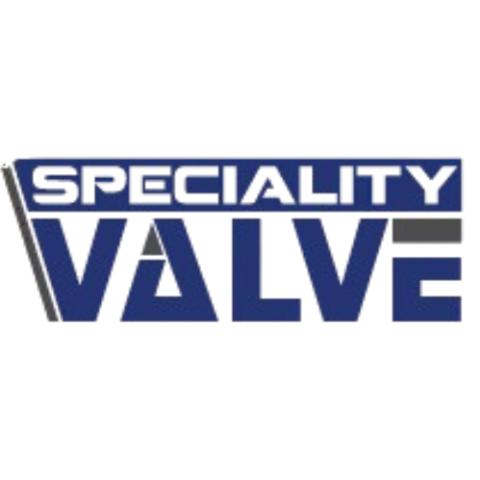When it comes to pursuing a career in digital marketing, one of the biggest decisions you’ll face is whether to go for a certification or a degree. Both options have their advantages, and choosing the right one depends on your goals, time, and budget. Let’s break down the key differences to help you decide which is the best path for you.
1. What’s the Difference Between Certifications and Degrees?
Certification: A digital marketing certification is a short-term course that focuses on specific skills or tools related to marketing. It is often more affordable and quicker to complete compared to a degree. These programs are designed to give you practical, hands-on knowledge that can be immediately applied in the workplace.
Degree: A digital marketing degree is typically a 3-4 year undergraduate or postgraduate program offered by universities or colleges. It provides a broad understanding of marketing principles along with foundational knowledge in business, strategy, and communication.
2. Time Commitment
Certification: Digital marketing certifications usually take a few weeks to a few months to complete, making them ideal if you want to get started quickly. These programs are designed for people who want to learn practical skills without a lengthy time commitment.
Degree: A degree program takes much longer, often several years, depending on the level (undergraduate or postgraduate). It is a more long-term commitment that covers not only digital marketing but also other aspects of business and marketing.
3. Cost Consideration
Certification: One of the main advantages of certifications is their affordability. Most digital marketing certification courses cost significantly less than a degree. This makes them an excellent choice if you have a limited budget or want to start learning without a large financial investment.
Degree: A degree in digital marketing can be expensive. Besides tuition fees, there are additional costs such as books, materials, and sometimes even living expenses if you attend a physical university. However, a degree often opens doors to higher-paying jobs in the long term.
4. Job Readiness
Certification: Certifications are highly focused on teaching you the practical skills needed for digital marketing jobs, such as SEO, social media management, content marketing, and PPC advertising. This hands-on learning makes you job-ready much quicker. If you are looking for a career change or a new skill set, certifications are a great way to get started.
Degree: While a degree provides in-depth knowledge, it may not always focus on the latest tools and trends in digital marketing. It prepares you for a more comprehensive understanding of marketing and business strategy, but it may not offer the hands-on experience that certifications provide. For those interested in senior management roles, a degree can be beneficial.
5. Career Opportunities
Certification: Many employers look for specific skills, and a certification in digital marketing can make you stand out, especially for entry-level or specialized roles. With a best digital marketing course, you can quickly gain skills that align with current industry demands and start working immediately.
Degree: A degree may open doors to higher-level positions in digital marketing, such as a marketing manager, brand strategist, or digital marketing consultant. A degree may also provide better job stability and opportunities for career growth over time.
6. Industry Recognition
Certification: In the digital marketing industry, certifications are widely recognized. Many reputable organizations and platforms, such as Google, HubSpot, and Facebook, offer certifications that are respected by employers. These certificates often reflect up-to-date knowledge and proficiency in specific areas of digital marketing.
Degree: A degree, especially from a well-known university, can be recognized globally and is often seen as a traditional path to career advancement. However, it may not always be as focused on the latest digital marketing tools and strategies.
7. Flexibility
Certification: Digital marketing certifications are generally more flexible. Many online courses allow you to learn at your own pace, making it easier to balance work or other commitments. This flexibility is ideal for people with busy schedules who want to learn on the go.
Degree: Degree programs, especially traditional ones, require a set schedule and physical attendance. While some online universities offer digital marketing degrees, they still demand a significant time investment and commitment.
Which Should You Choose?
Choosing between a certification and a degree depends on your individual goals:
If you want to quickly gain practical, job-ready skills and start working in digital marketing as soon as possible, a digital marketing certification is a great option.
If you’re looking for a broader understanding of marketing and want to pursue managerial or strategic roles in the future, a degree might be the better path.
No matter which option you choose, ensure that the course you pick is reputable and covers the latest trends and techniques in digital marketing. A good certification, like the best digital marketing course, can provide you with the right knowledge to succeed in this fast-paced industry.
Conclusion
Both certifications and degrees have their merits, but for most people looking to break into the world of digital marketing quickly, certifications are an excellent choice. They are more affordable, quicker to complete, and focus on the practical skills employers are seeking. However, if you’re looking for a comprehensive, long-term career in marketing or wish to move into higher-level management, a degree can provide you with a broader, more strategic understanding of the field.












